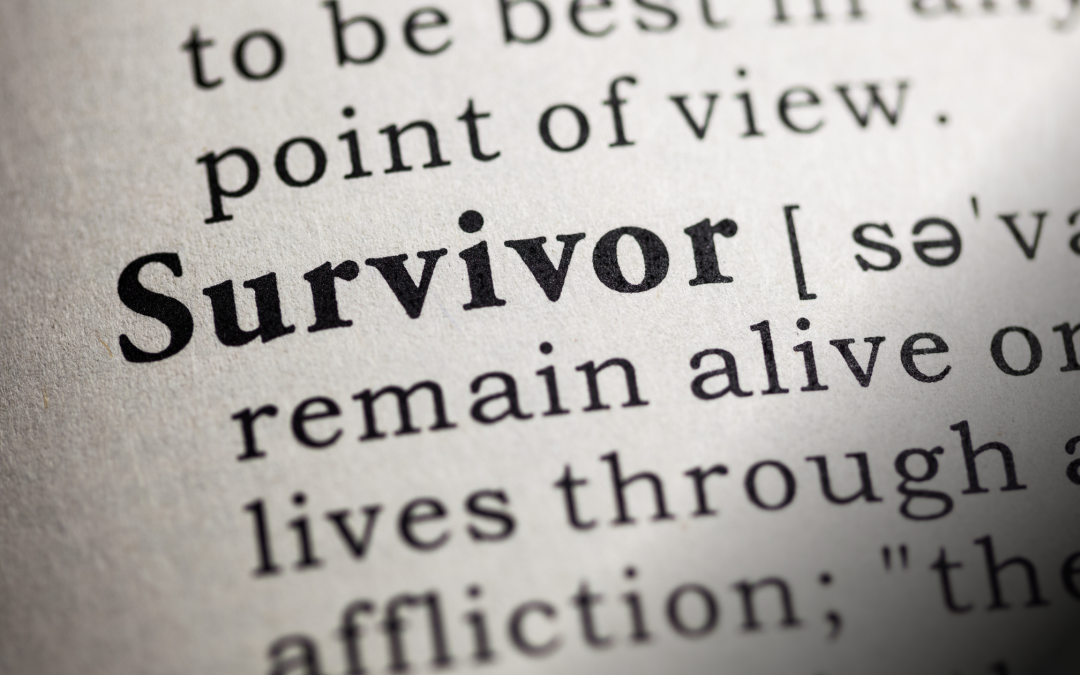Childhood sexual abuse is a traumatic event that can have profound psychological, emotional, and physical consequences into adulthood. Unfortunately, there’s a significant lack of understanding about the adult manifestations of childhood sexual abuse, which can leave adult survivors confused and feeling alone. Continue reading to learn about the adult manifestations of childhood sexual abuse and resources for survivors and their supporters.
It’s crucial to note that these are potential effects, and not all individuals who experience childhood sexual abuse will have these reactions. Many factors can influence the specific outcomes, including the severity and duration of the abuse, their relationship with the abuser, their access to support, and personal resilience.
Understanding Childhood Sexual Abuse
Childhood sexual abuse (CSA) involves engaging a child in sexual activities where consent is not or cannot be given. It includes contact for sexual purposes, molestation, statutory rape, prostitution, pornography, exposure, incest, and sexual exploitation.
The Impact of Childhood Sexual Abuse on Adult Survivors
Childhood sexual abuse can have extensive and long-lasting impacts on adult survivors, affecting them on physical, emotional, and psychological levels. The experience can also distort their self-perception and worldview. Awareness of these issues is essential to seek treatment and developing healthy coping mechanisms.
Psychological Manifestations
CSA often leads to a broad spectrum of mental health disorders in adulthood. These may include:
- Post-Traumatic Stress Disorder (PTSD): Many survivors develop PTSD, characterized by intense, disturbing thoughts and feelings, including flashbacks, about their past traumatic experiences.
- Depression and Anxiety: CSA survivors may experience persistent depressive and anxiety disorders, including panic and generalized anxiety disorders.
- Dissociative Disorders: Some survivors may develop disorders that disrupt their memory, awareness, identity, or perception.
- Borderline Personality Disorder (BPD): Some studies suggest that individuals who were sexually abused as children may be more likely to develop BPD, a disorder characterized by intense emotional instability, self-image issues, and difficulty managing relationships.
- Self-Harm and Suicidal Ideation: The emotional pain caused by the abuse can lead some survivors to self-harm or thoughts of suicide.
- Low Self Esteem and Poor Body Image: Survivors may struggle with feelings of shame, guilt, and a negative self-image, all of which can contribute to low self-esteem and poor body image.
Physical Manifestations
Physical symptoms related to CSA can persist into adulthood, including:
- Sleep Disorders: Sleep problems like insomnia, nightmares, and sleep terrors are common among CSA survivors.
- Eating Disorders: CSA can lead to eating disorders like bulimia nervosa, anorexia nervosa, and binge eating disorder.
- Chronic Pain: Conditions like fibromyalgia, chronic fatigue syndrome, or migraines can be linked to a history of CSA.
- Sexual Dysfunction: Survivors may experience sexual dysfunction, encompassing issues like sexual anxiety, fear of intimacy, and performance problems, which can significantly impact their relationships.
- Health Risks and Concerns: Adults who have experienced CSA may suffer from various physical health issues. These include chronic pain, obesity, cardiovascular problems, and gastrointestinal disorders.
Social and Behavioral Manifestations
Adult survivors of CSA can also experience challenges with interpersonal relationships, such as:
- Interpersonal Difficulties: Survivors of CSA often face challenges in establishing and maintaining healthy relationships. They may struggle with trust issues, fear of intimacy, and a general avoidance of close relationships.
- Substance Abuse: The risk of drug and alcohol abuse increases as a coping mechanism to manage traumatic memories and emotions.
Support and Treatment Options
The adult manifestations of childhood sexual abuse are far-reaching, affecting survivors’ psychological, physical, and social well-being. It’s important to remember that help and healing are possible.
Therapeutic interventions can help adult survivors of CSA manage their symptoms and improve their quality of life. Approaches may include cognitive-behavioral therapy (CBT), eye movement desensitization and reprocessing (EMDR), trauma-focused cognitive behavior therapy (TF-CBT), and dialectical behavior therapy (DBT), which have been proven effective for trauma-related disorders.
Support groups, both in-person and online, can also provide survivors with a safe place to share their experiences and learn coping strategies from others in similar situations. They offer a sense of community and understanding, helping individuals feel less isolated.
For example, EndCAN’s survivor community group, Louder Than Silence, through Inspire, can be an excellent resource. It’s a free online community where you can feel safe and be authentic while anonymously sharing your experiences and learning from others.
Help Us End Child Abuse and Neglect
If you or someone you know is struggling with the repercussions of childhood sexual abuse, EndCAN is always here for you with valuable resources. You don’t have to navigate these challenges alone; you can heal with the right support and care.
Don’t suffer in silence. Breaking the silence is one way we can stop child abuse. When you’re ready, share your story so other adult survivors of child abuse know they’re not alone. Making a generous contribution can also help us provide support and help adult survivors of child abuse heal.


Recent Comments